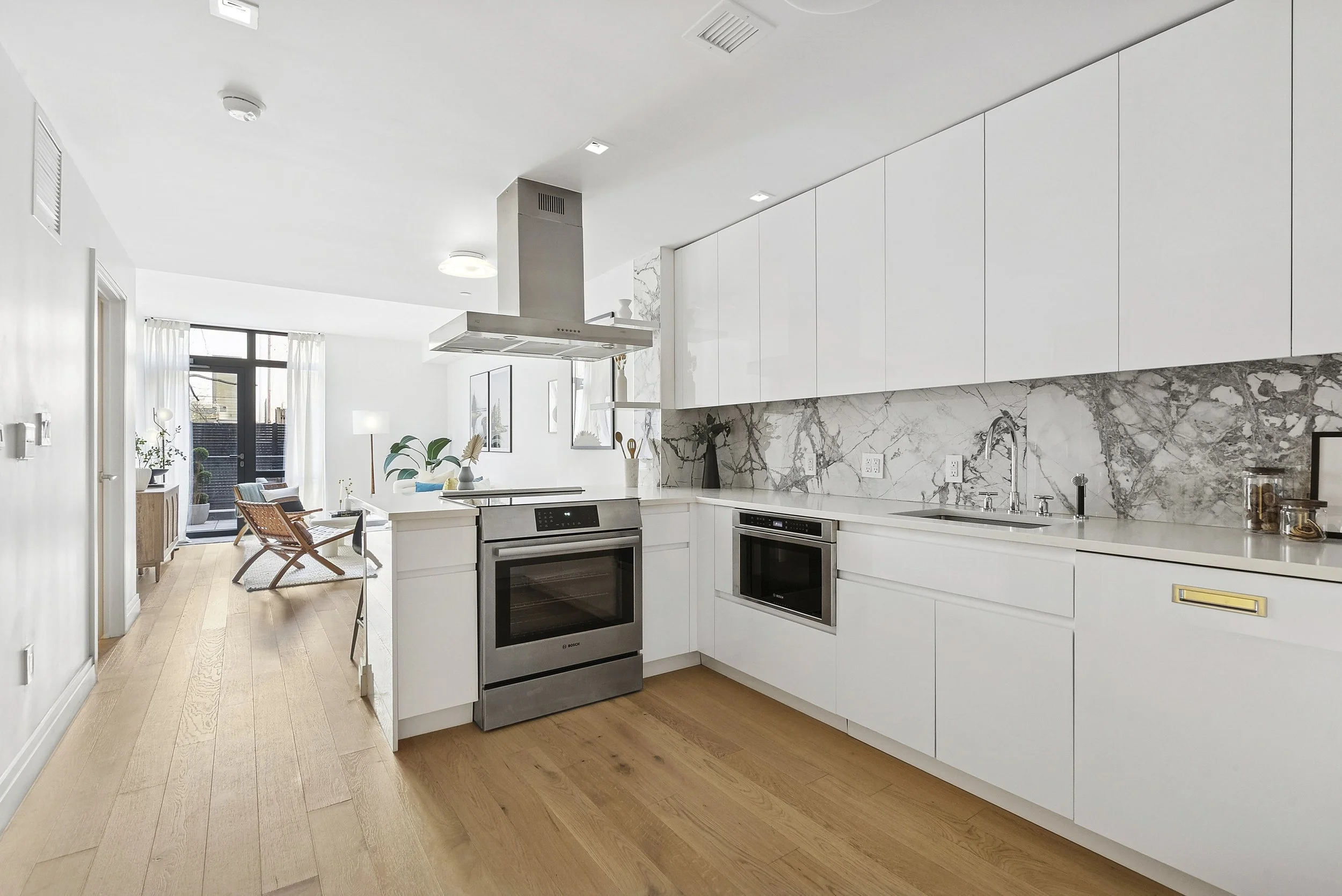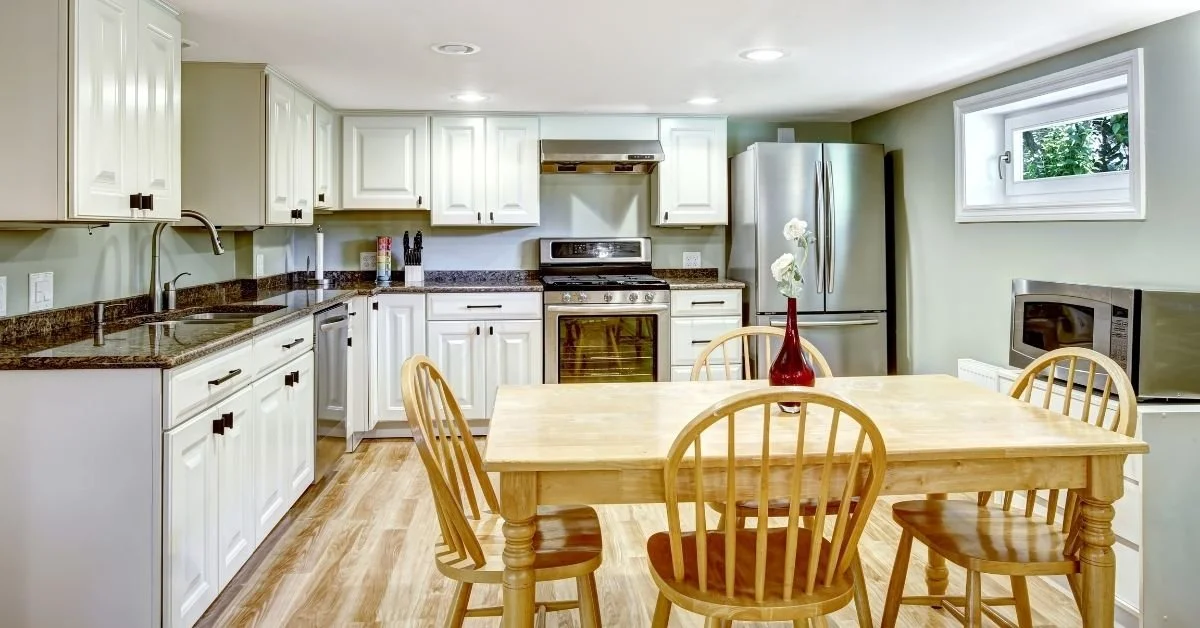Do you need a permit to install a boiler in NYC?
In New York City, installing a boiler requires adherence to specific regulations and guidelines set by the city's building code. Under these regulations, property owners must obtain a permit before proceeding with the installation of a boiler. This mandate ensures that any boiler installation meets safety standards and is performed by a licensed professional.
The Department of Buildings oversees the permitting process and enforces the city codes pertaining to boiler installations. Permits are necessary for both new installations and replacement of existing units. Compliance with local codes is essential to minimize risks associated with boiler operations, such as gas leaks, carbon monoxide emissions, and fire hazards.
To secure a permit, one must submit detailed installation plans and specifications to the Department of Buildings for review. Only after receiving approval can the installation commence.
Permit Requirements for Boiler Installation in NYC
Installing a boiler in New York City requires adhering to specific local regulations and securing the appropriate permits. These rules are in place to ensure safety and compliance with building codes.
Understanding Local Regulations
In New York City, boiler installations are strictly regulated by The New York City Department of Buildings (DOB). Local regulations mandate that installation work must comply with the city's building codes, zoning resolutions, and the rules of the DOB.
Types of Permits Required
Two primary types of permits are typically needed for boiler installations:
Work Permit: Necessary for any physical alteration to the property.
Equipment Use Permit: Required once the installation is complete, for the operation of the boiler.
Steps to Obtain a Boiler Permit
To obtain a boiler permit in New York City, follow these steps:
Engage a Professional: Hire a New York State licensed Professional Engineer (PE) or Registered Architect (RA) to draft your boiler plans.
Plan Examination: Submit your plans to the DOB for approval. This may involve a review process called the New Building or Alteration-CO-related plan examination.
Permit Issuance: After plan approval, the next step is to apply for a work permit, issued to a DOB-licensed contractor.
Inspection: Upon completion of installation, a DOB inspection must be passed.
Final Permit: After a successful inspection, you will receive an Equipment Use Permit signifying compliance and allowing the operation of the new boiler.
Installation Process and Guidelines
Installing a boiler in New York City requires adherence to specific regulations and procedures to ensure safety and compliance with local building codes.
Boiler Installation Codes and Standards
Boiler installations New York City maintains a comprehensive set of codes and standards to uphold the safety and efficiency of heating systems. These regulations are detailed in the NYC Mechanical Code, the NYC Building Code, and the rules of the Department of Buildings (DOB). Compliance is mandatory for all new installations, replacements, and major repairs. Specifically, they must abide by the following:
ASME Boiler and Pressure Vessel Codes: Boilers must comply with the construction standards for boiler materials, design, and fabrications.
National Fire Protection Association (NFPA) standards: Requirements to minimize fire hazards related to boilers.
NYC Energy Conservation Code: Standards for maximizing energy efficiency and conservation.
Installation must be performed by licensed professionals, and inspections are regularly enforced to verify adherence to these standards.
Choosing the Right Boiler for Your Property
Selecting a boiler for a property in New York City is a decision that should be based on the building's heating requirements and compliance with local codes. The New York City Department of Buildings (DOB) provides guidelines for the types of boilers allowed based on property type and size. One must ensure that the chosen boiler is appropriately sized for the property to optimize efficiency and performance.
Energy Efficiency: Opt for boilers that have high energy efficiency ratings.
Type of Fuel: Decide on a boiler that uses an acceptable fuel type according to NYC regulations.
Inspection and Approval Procedures
Once the boiler installation is planned, property owners must obtain the necessary permits from the New York City DOB. They have to submit detailed plans and specifications for review and approval. This submission must include:
Plan Examination: Detailed installation plans must be prepared by a licensed professional.
Work Permit: It is required before any installation work begins.
Inspection: Following installation, the boiler must pass an inspection by a DOB inspector or an authorized insurance agency inspector.
Inspection Stages:
Pre-installation: To verify compliance with the submitted plans.
Post-installation: To ensure the installation was completed correctly and the system is functional.
Successful inspection results are mandatory for the legal operation of the boiler. Any issues identified during inspection must be resolved and re-inspected before approval.






